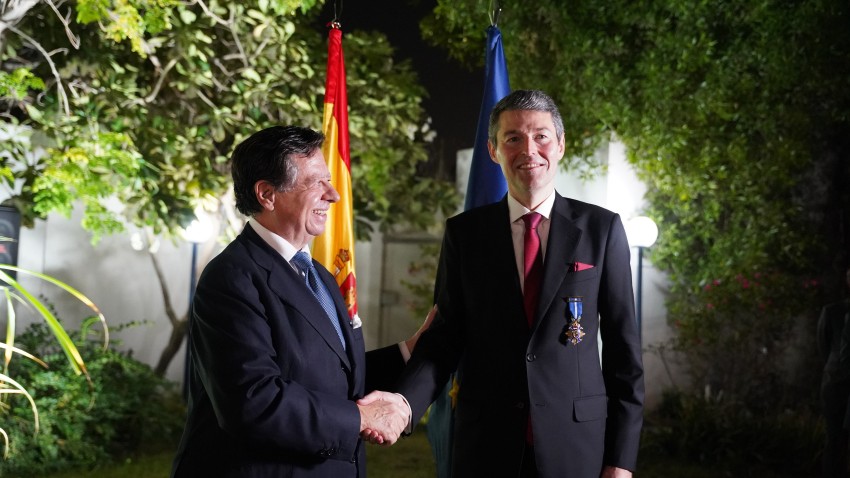Gennady Samorodnitsky, professor in Cornell’s School of Operations Research and Information Engineering, has been awarded a grant by the National Science Foundation’s Directorate for Mathematical and Physical Sciences to support his proposal entitled “Collaborative Research: Learning and forecasting high-dimensional extremes: sparsity, causality, privacy,” (collaborative research with M. Aveila Medina and R. Davis of Columbia University).
This three-year, $200,000 grant from the NSF will support Samorodnitsky’s goal of learning how to forecast future extreme observations and to assess their impact. In his proposal Samorodnitsky wrote, “Do tropical storms become more deadly as global temperatures rise? Does extreme violence become more widespread as the economic conditions worsen? Questions of this type are studied by climate scientists and social scientists respectively, but statistical and probabilistic analysis of extreme values is an indispensable ingredient in any analysis.”
An overarching goal of this project is to adapt modern statistical learning tools to the problem of forecasting extremes. “Learning the structure of extremes presents difficult challenges due to both a limited number of extreme data and to the scarcity of extremal labels,” Samorodnitsky said. “One approach is to develop methods for detecting nonlinear sets of much smaller dimension that can provide an adequate description of extremes in high dimensions.”




 Samorodnitsky has been on the ORIE faculty at Cornell since 1988 and says his research interests lie in probability theory and its various applications.
Samorodnitsky has been on the ORIE faculty at Cornell since 1988 and says his research interests lie in probability theory and its various applications.

